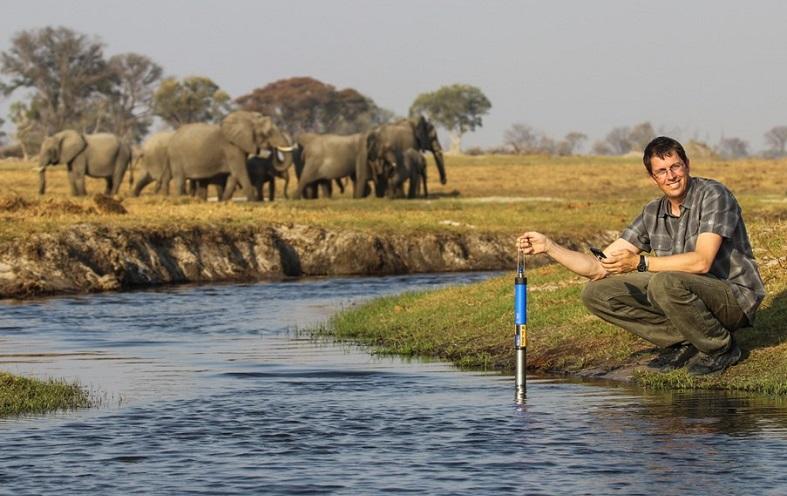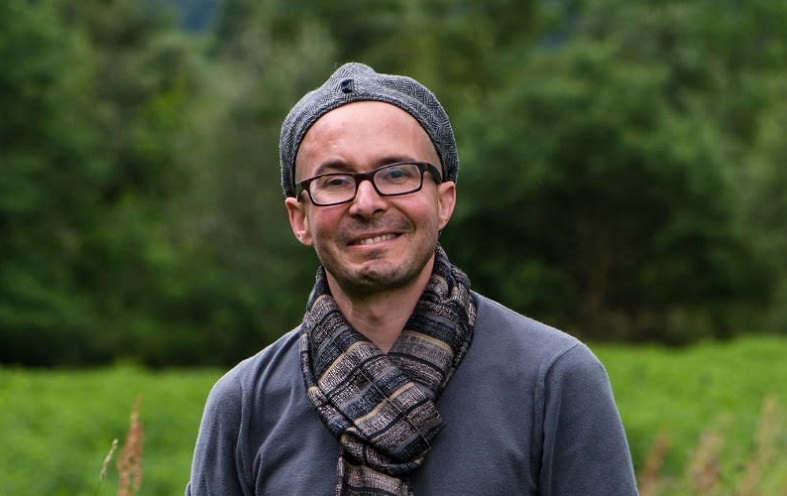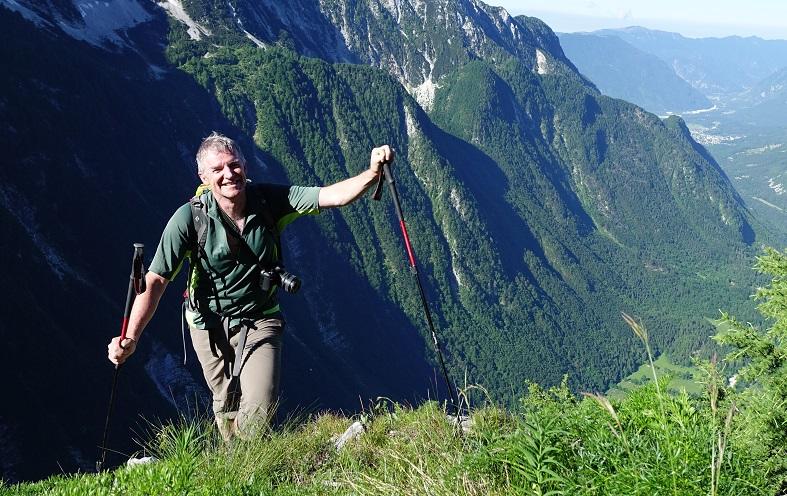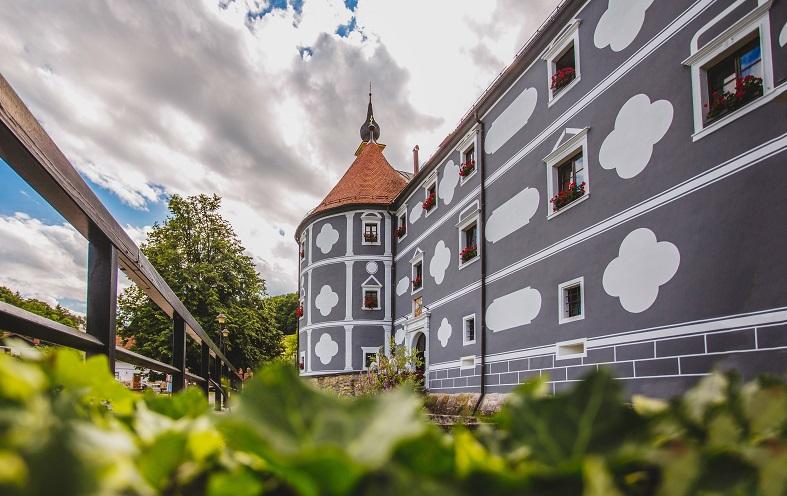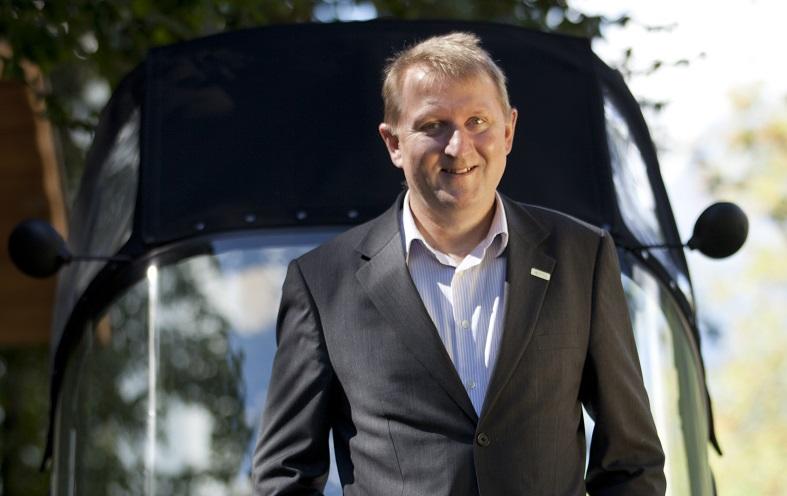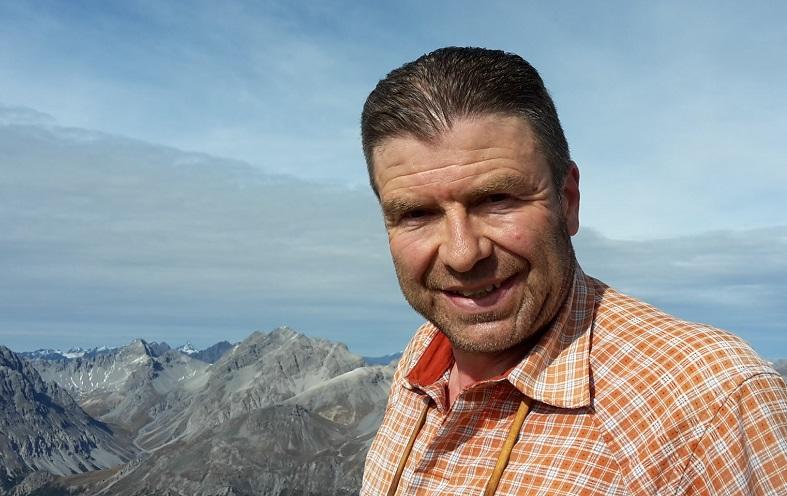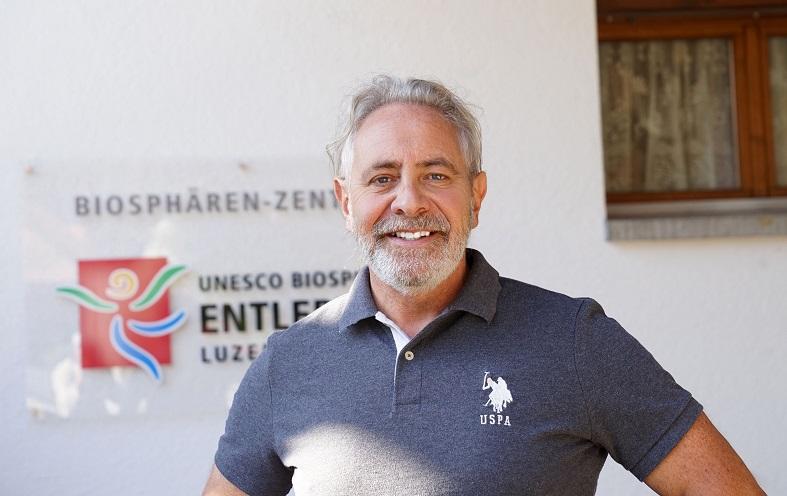
Dieter Mueller, managing director of destination Parc Ela in Eastern Switzerland, in this interview shares how the region promotes sustainable tourism, connects with stakeholders and prepares for the growing interest in sustainability among travelers.
We visited Parc Ela in July 2019 for our Switzerland series, part of SLP on Tour.
Dieter, you have been involved with tourism for many years. What led you to your current role as managing director of Parc Ela?
Parc Ela as nature park encompasses a region with four different DMOs. The people in our region voted to build Parc Ela, thereby giving a strong statement for sustainability and showing a decisive will to take their future into their own hands. This is what impressed me most when I applied for my current position at the Parc Ela association.
Tourism is the key industry in our region, and promoting sustainable tourism is one of the tasks of Parc Ela and our association.
Would you say interest in the sustainability performance of destinations has increased? Which market trends do you observe?
Definitely. 30 years ago, sustainability was discussed among a closed circle of experts. Today, it’s part of our lifestyle and has left the niche to become mainstream. This impacts also tourism, of course. Guests expect that they can enjoy their holidays and that their hosts take care of sustainability aspects.
How has your understanding of sustainability changed since you first got involved? Lessons learned?
First of all, “sustainability” is not a fixed, clearly defined status but a steady process and continuous search. It needs insight, commitment and persistence. Some of our stakeholders have achieved the state of persistence, where they put insight and commitment into action and improve themselves step by step.
Other stakeholders have not even gained the insight that sustainability also is of concern to them and their partners. It needs time until a relevant number of players move a region ahead and steer it on a more sustainable course.
Under your leadership, Parc Ela has developed several initiatives aimed at making it well-known as a destination firmly committed to responsible tourism – such as the alpine shuttle bus service. Why the focus on sustainability, and how did you convince stakeholders to get on board?
The focus on sustainable development is the main purpose of every regional nature park. When the people voted to build Parc Ela as a regional nature park, they made the commitment to focus on sustainability. The huge advantage of a nature park is that it can and must work on a broad scope, and is thus able to connect with and involve many stakeholders.
Climate change and seasonality are two challenges frequently mentioned in connection with destination sustainability, especially mountain tourism. Do you have advice for DMOs how to address those?
There’s no single valid answer to that, except: Face the issue, involve as many players in your region as possible and then find creative solutions which are adapted to your region.
Urs Wohler in his interview emphasized that “anyone who wants long-term success must work together regionally” – how do you manage and encourage collaboration among stakeholders at Parc Ela, in the context of encouraging and promoting sustainable practices?
It is a big advantage of regional nature parks, that each of these parks gets an enabling institution that helps create and maintain collaboration: the organizing body of the park. Our association Parc Ela is one of these enablers, and we form a multitude of collaborations and formal and informal networks across a wide range of sectors.
We cooperate with farmers to help them market their products, but also to support them by taking care of nature and landscape. We cooperate with our schools to organise learning opportunities for our kids. We cooperate with hotels, restaurants and other tourism players as well, as with our DMOs.
We are the main sponsor of “ela energiewelt”, an NGO where energy suppliers, construction companies, educational institutions, municipalities and the park work together to promote renewable energies and energy efficiency.
Cooperation is the basic ingredient of our park, and our association helps to implement it.
All too often tourism businesses and destinations develop well-meaning sustainability strategies but ultimately fail at implementation. To your mind, what does it take to succeed? Which pitfalls to avoid?
Each strategy needs the involvement and participation of the players that should implement them, already in the creation phase of the strategy. Otherwise, the step from theory to implementation may fail.
In addition to that, it’s helpful to have an institution that is responsible to keep implementation going by giving impulses, facilitating and supporting the actors.
With the Albula rail line you have a very unique experience to offer. What role does the Rhaetian Railway play for the branding and development of Parc Ela as sustainable destination?
There are some similarities among a world heritage site and a nature park. Both of them are granted a label which helps in marketing but is also a commitment to manage well the cultural landscape and to pay respect to natural and cultural values.
These similarities also create synergies in our case. For instance, we are currently cooperating with Rhaetian Railways in a project to create a series of touristic products all grouped around the iconic Landwasser viaduct. A lot of people know this spectacular bridge that has become a symbol for the UNESCO site. There is an increasing number of visitors. But this does not yet result in an adequate income generated by visitors. With the project, we want to achieve an income for the local economy, but also manage and steer the visitors.
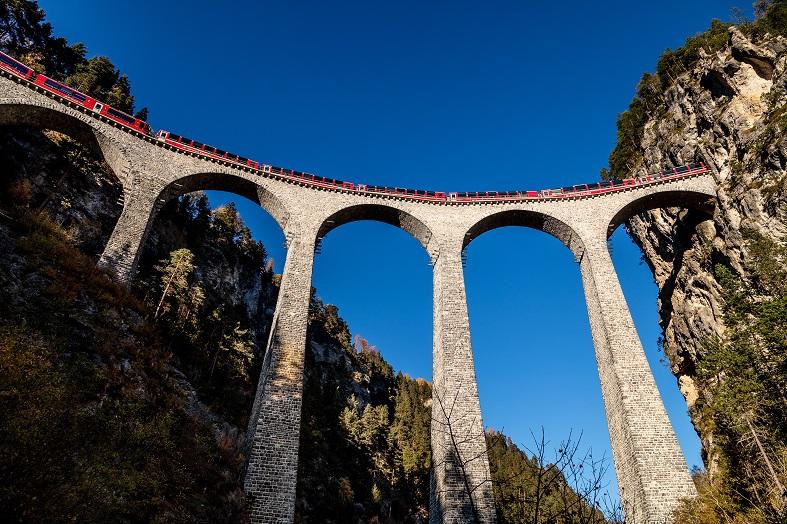
Copyright by Rhaetische Bahn By-line: swiss-image.ch/Andrea Badrutt
Another innovative initiative of yours is a network of businesses which support the Parc Ela destination brand as partners – including the historic Kurhaus Bergün. Can you tell us about this cooperation – how it works, and what criteria hoteliers have to fulfill to be able to join?
Kurhaus Bergün is one of nine “Parc Ela-partners”, to whom this formal label has been granted. We label regional products (food and non-food products) that are produced with regional raw materials inside the park, in accordance with the park’s philosophy and values.
Similarly, we grant the label to hospitality partners that are committed to our park and our values of sustainability. Formally, they have to fulfill some hard criteria, such as having achieved at least level 1 of Swiss tourism quality label. But even more important is their commitment to be part of and to act as an ambassador of our park, and to cooperate with us and other park partners.
Thank you, Dieter.
Discover Parc Ela [German] or continue reading for more inspiration in our special series with Switzerland’s leading sustainable tourism shakers and doers.
Enjoyed our interview with Dieter Mueller on how the regional park in Switzerland, Parc Ela, is working towards a sustainable tourism experience? Spread the word!

